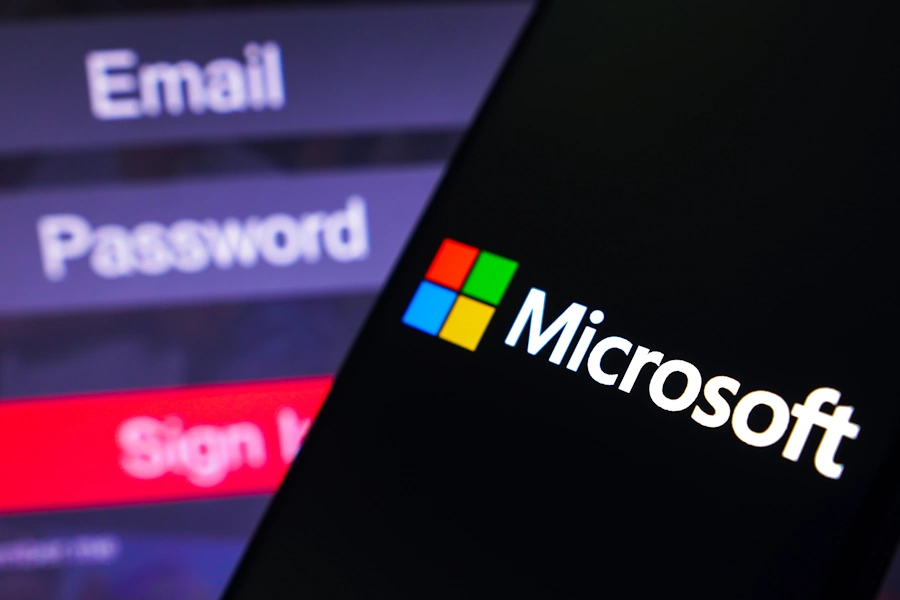1️⃣ Microsoft’s Security Copilot leverages AI to efficiently analyze open-source bootloaders, identifying security flaws faster than traditional manual reviews.
2️⃣ Security Copilot uncovered 20 vulnerabilities in GRUB2, U-Boot, and Barebox, including buffer overflows and cryptographic weaknesses that could bypass Secure Boot.
3️⃣ The BlackLotus bootkit exploited similar bootloader flaws to compromise Windows 11 systems, highlighting the importance of securing boot processes.
4️⃣ Microsoft collaborates with the open-source community to patch vulnerabilities, reinforcing its commitment to enhancing system security through AI-driven solutions.
Listen to the article:
Bootloaders play a critical role in modern computing, initializing a system’s hardware and loading the operating system. However, vulnerabilities in bootloaders can pose serious security threats, potentially allowing attackers to bypass key security mechanisms like Secure Boot. Recognizing this risk, Microsoft has leveraged its AI-powered Security Copilot to detect vulnerabilities in open-source bootloaders more efficiently.
The Importance of Securing Bootloaders
Bootloaders serve as the foundation of a system’s security framework. A compromised bootloader can allow attackers to gain persistent control over a device, loading unauthorized operating systems or disabling security features like BitLocker encryption. Traditional methods of identifying security flaws rely on manual code reviews and extensive testing, which can be time-consuming and prone to human error.
Microsoft’s Security Copilot, an advanced AI-driven security assistant, has been deployed to accelerate the detection of vulnerabilities in bootloaders. By analyzing vast amounts of code with machine learning models, Security Copilot enhances both the speed and accuracy of vulnerability identification, allowing for faster mitigation efforts.
Security Copilot’s Findings in Open-Source Bootloaders
With Security Copilot’s capabilities, Microsoft recently conducted an in-depth analysis of open-source bootloaders such as GRUB2, U-Boot, and Barebox. This AI-assisted approach led to the discovery of 20 previously unknown vulnerabilities, including:
- GRUB2: 11 security issues, such as integer and buffer overflows in filesystem parsers and weaknesses in cryptographic functions.
- U-Boot and Barebox: 9 vulnerabilities, mainly buffer overflows affecting filesystem parsing, including SquashFS and EXT4.
Some of these vulnerabilities require physical access to exploit, but others could be leveraged to inject malicious code during the boot process. In the worst-case scenario, attackers could bypass Secure Boot protections and disable security features.
Lessons from the BlackLotus Bootkit
The significance of these findings is underscored by real-world threats like the BlackLotus bootkit. This sophisticated malware exploited bootloader vulnerabilities to bypass Secure Boot on fully patched Windows 11 systems, demonstrating how attackers can leverage such flaws for persistent control over a device.
Microsoft’s Commitment to Secure Computing
Beyond identifying vulnerabilities, Microsoft is working closely with the open-source community to ensure these issues are patched. This initiative is part of Microsoft’s broader strategy to integrate AI-driven security measures across its ecosystem. By utilizing Security Copilot to proactively identify and address vulnerabilities in bootloaders, Microsoft is helping to create a more secure computing environment for users.
Image credit: RafaelHenrique@stock.adobe.com
Discover more from TECH HOTSPOT
Subscribe to get the latest posts sent to your email.
